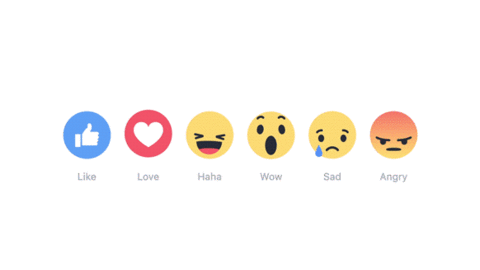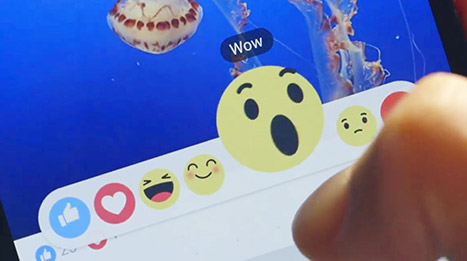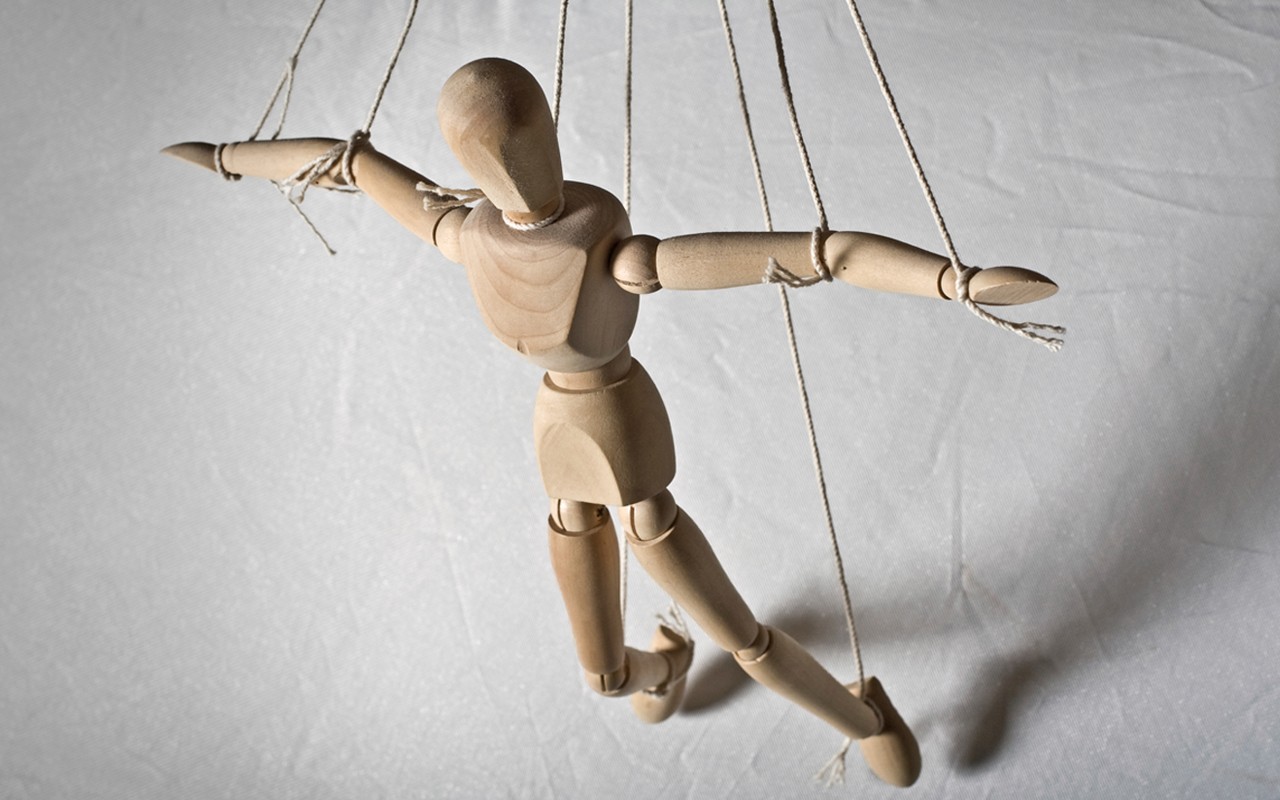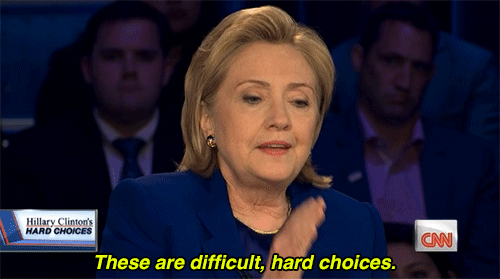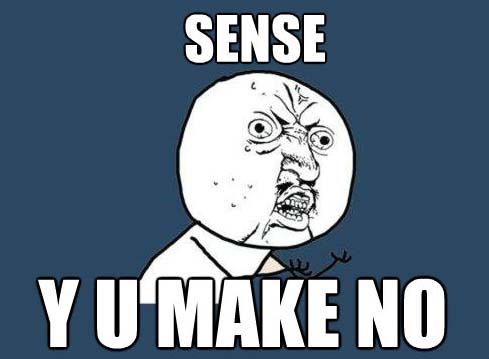6 Things No One Is Telling You About Facebook's New 'Reactions' Feature
You could be manipulated.
If you've been using Facebook the last week, you should already have noticed that the social media giant has rolled out five new Reactions buttons alongside its iconic 'like' button
Facebook has upgraded the ubiquitous Like button with a host of new emotions. You can now "love," "haha," "wow," "sad" or "angry" something with cute emojis. You can "wow" a friend's appalling Tinder screengrab, send them a "sad" for emotional support during a period of anxiety or just "haha" their wack memes in sympathy.
In December of 2015, 1.44 billion people accessed Facebook on mobile. Of people who access it on both a monthly and daily basis, 90 percent of them do so via a mobile device. Commenting might afford nuanced responses, but composing those responses on a keypad takes too much time. People needed a way to leave feedback that was quick, easy, and gesture-based, says Julie Zhuo, a product design director at Facebook.
Emoji, it seemed, were the best option.
Whether you are fond of the new implementation or not, you should take note of how these Reactions may affect you as a user.
Here are some of the things that you should know:
1. You lose more control as a user because it could be yet another algorithm by Facebook to determine what you do and don't see on your News Feed
Max Stossel, a social media consultant wrote on Quartz:
This (FB's News Feed) algorithm incorporates data about everything you do on Facebook, from private messages to checking your ex’s new profile picture to the amount of time you spend engaging with a post or watching videos.
The idea that Facebook’s new emotional reactions could eventually be incorporated into these algorithms is deeply troubling – largely because it could impact the information we consume.
When Facebook simply relied on “Likes,” comments and shares, there was some level of transparency as to why a given post might appear in your news feed. But unless Facebook opens up the conversation about how they’ll weight different Reactions, we have no way to know how the new options will be used to filter information–including news stories.
2. Facebook is going to be able to collect more data and gain profit from each 'Wow' or 'Angry' emoji you click on
The data collected from each of the “Reactions” will be used to personalize everyone’s News Feeds. This information could also be used for tailoring ads to users based on how they “React” to content.
The “Like” button has been used to indicate the types of posts they want to see more of, but “Reactions” actually provides Facebook with details about how they feel about the post.
Advertisers have always been keen to understand how people are reacting to their ads. Reaction buttons, applied to Facebook’s massive audience, could amount to a valuable analytics tool for them—and for Facebook, which places a high priority on showing its users ads that they find worthwhile.
slate.com3. Besides profit, each click on Facebook's Reactions means giving the company an extra mile in the ways it could manipulate and keep tabs on its users
Back in 2014, it was revealed that some 700,000 users' News Feed were manipulated by Facebook intentionally to see if showing them more uplifting or upsetting content could affect their emotional state.
Facebook recently told Mic that an expressive emoji is still counted by the News Feed algorithm as a "like," although that could change in the future.
This tailoring of your feed affects how news organizations report and distribute valuable information, and it's influencing how political campaigns shape their messages. It can even have an impact on which candidates reach a bigger audience. It could inform you, challenge your political beliefs or expose you to new art and ideas. But Facebook's main interest is to grab your attention and keep you scrolling and clicking.
4. Facebook could change your behaviour if they wanted to
Facebook is getting a deeper insight than ever. Measuring likes is old-school; Facebook wants to know how you feel. It wants to know if politics are a downer, if open expressions of anxiety are a turnoff. Facebook wants to know what gets that dopamine pumping. Wow! Love!
If Facebook's goal is to change your behavior, they need to know your psychological response to photos and videos the same way the tobacco industry needs to know people's brain chemistry when choosing additives in cigarettes.
For Facebook to compete with Snapchat and Twitter, it needs to water their algorithms with something better, and your emotions are a superfood.
5. Reactions apparently makes no sense - to linguists especially
"The emoji are all really just the equivalent of noises or gestures for directly expressing internal states. What is not being called upon here is the grammar and meaning that differentiate us humans from the other animals,” says Geoff Pullum, a linguist at the University of Edinburgh.
Unlike regular emoji and emoticons, which are purely graphical, Facebook chose to label each Reaction with a word, eliminating the ambiguity that makes emoji so great. This way, you don’t wonder if, say, the face with the open mouth is expressing fear or shock.
“Once they decide to provide text, they back themselves into a corner, syntactically,” Susan Herring, a linguist at Indiana University says.
6. The introduction of Reaction is the exact opposite of the current tide of Internet culture
Online creators now make their marks by filming reaction videos, cutting and posting reaction GIFs, and roasting or remixing original works. Facebook’s limited set of responses feels strangely more constricting than the solitary like button.
The additional responses complicate that reading. Now a simple like risks feeling like: “I like this, but I don’t love it.” Or: “I acknowledge you’ve made a joke, but I won’t pretend it made me laugh.” Or “I know I have the option to signal that I’m sad about your dog dying, but I’m inconsiderate or dastardly enough to just like it anyway.”
